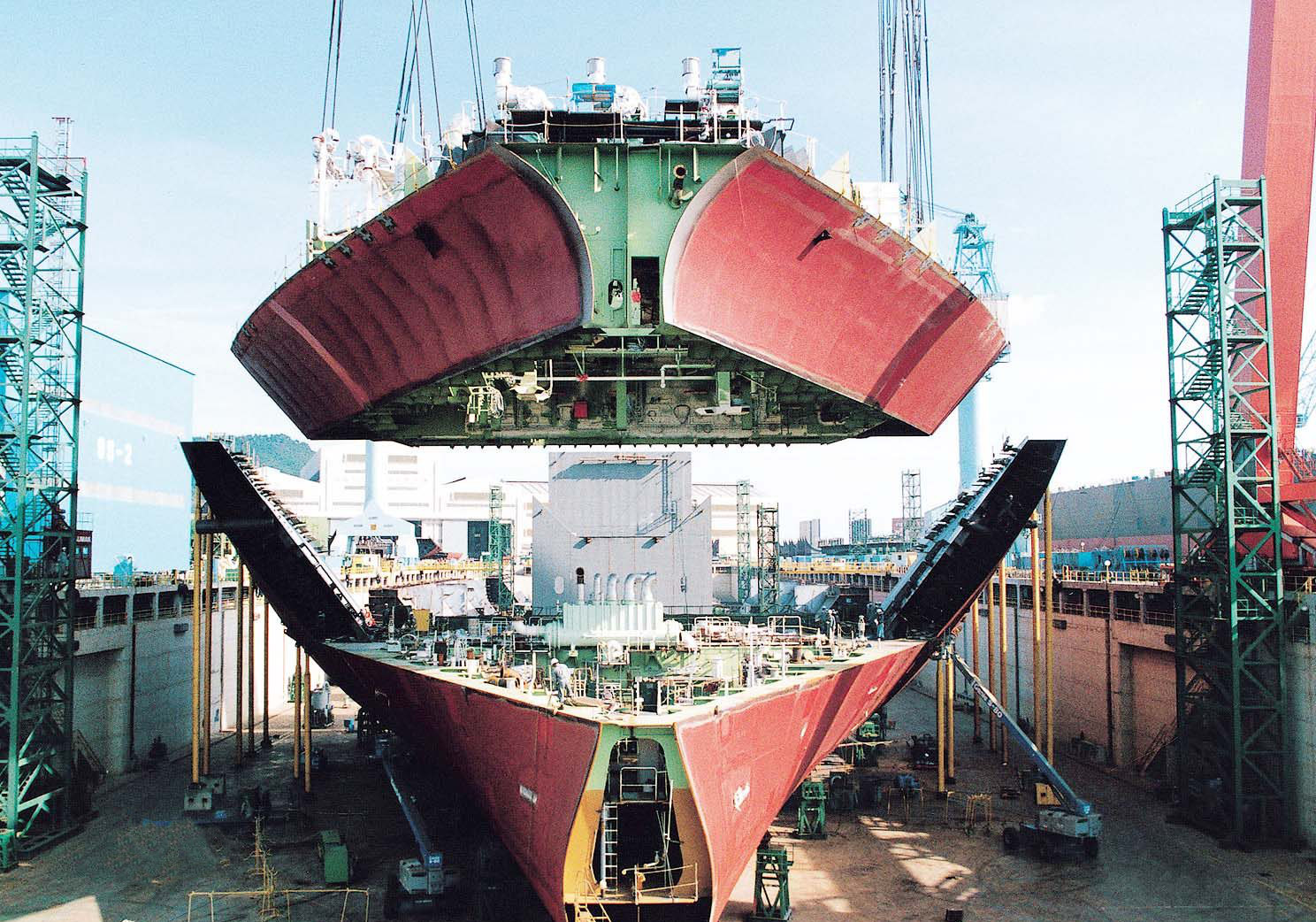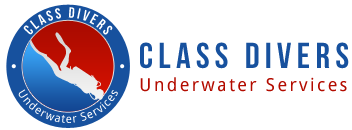
The European Union (EU) is funding a 4-year project looking for alternatives to researching lighter weight materials in shipbuilding. By means of this it will be possible to achieve the reduction of energy and maintenance costs for the operators.
The project is the Development and Demonstration of Solutions with advanced materials for the sustainable and efficient ship project (Ramsses). Its main objective is to obtain recognition and an established role for advanced materials in the European maritime industry.
The project involves 36 partners from 12 countries, who have been working together since June 2017. An all-composite boat hull measuring about 70 meters in length will be developed, which will be subject to testing in real conditions of the high seas. The helmet will be approved along with thirteen innovative marine products with proven benefits.
Technical performance, life-cycle cost efficiency and environmental impact will be evaluated and validated by means of specific expert teams in accordance with common standards and testing standards. It also aims to improve the innovation capacity of the European maritime sector by developing terms of reference for a future use of the test database and the knowledge repository beyond the project.
The new hull is made from impact-resistant vinyl ester resins, and contains composite materials with fibers. This type of materials have several advantages among which it is emphasized that the operators have less demand of fuel and thus to reach greater capacity of load.
Another benefit is that this type of materials is not oxidized and therefore will not be necessary the application of protective coatings therefore there will be savings in maintenance costs. The application of these materials are designed so many for small, medium and large vessels.
These materials are lighter and the construction principle related to each other to provide a step change in the efficiency of the vessel, both in terms of energy consumption and maintenance costs. The consortium of the project includes various companies including the specialty chemicals, Evonik and the main yards Meyer-Werft, Papenburg and Damen shipbuilding. In addition to equipment manufacturers such as Becker Marine Systems.
The research and innovation program will run until 2021 and receive 10.8 million euros in EU funding.
For more relevant information visit our news section.
